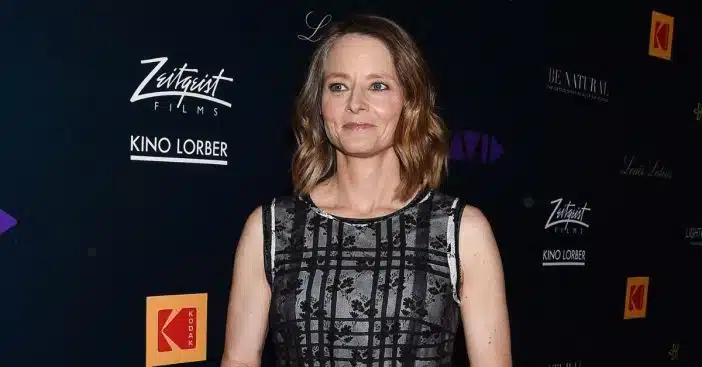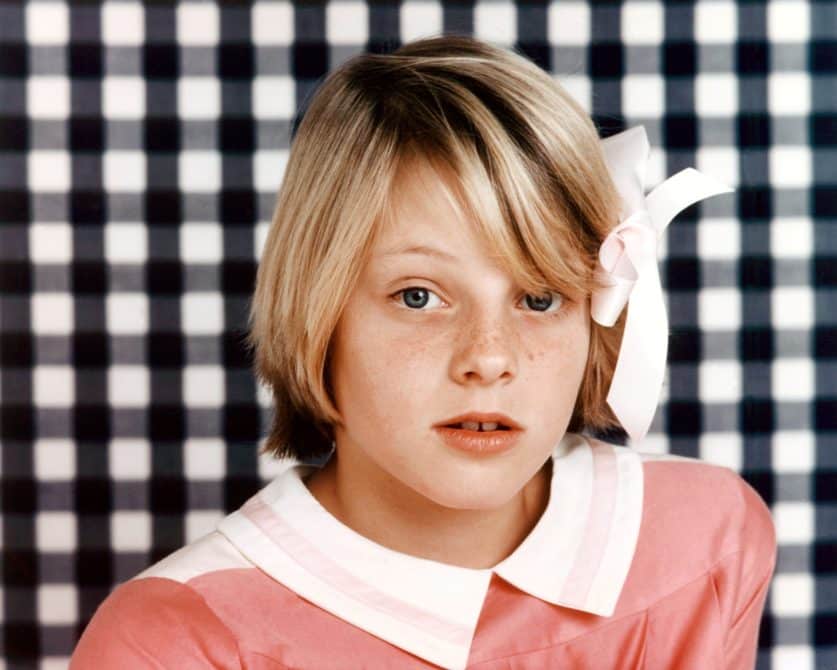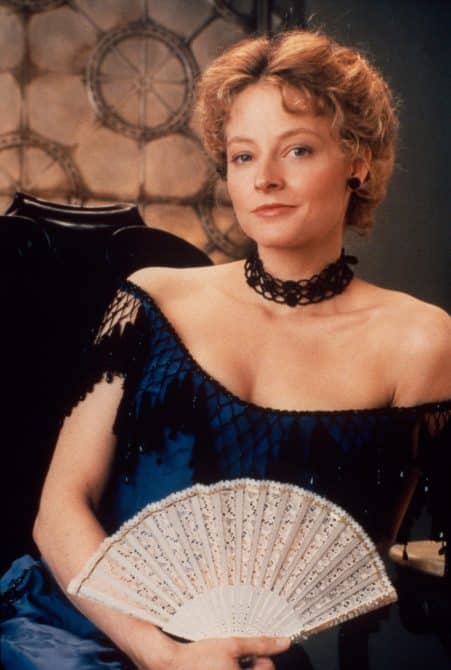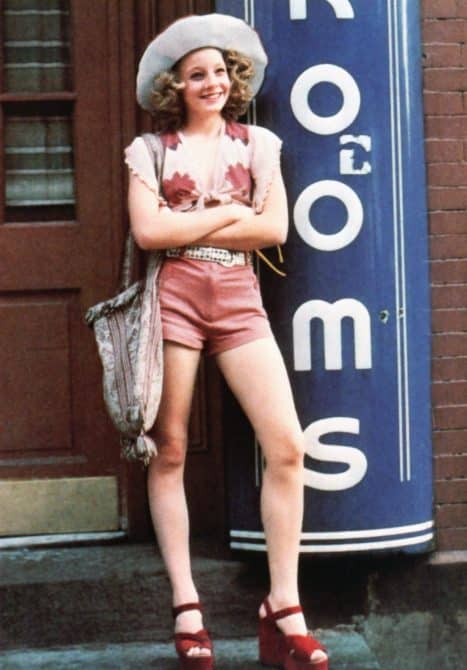
Jodie Foster‘s career began with an appearance in Cooperstone TV ads in 1965 before gaining recognition as a child star, appearing in Disney films like Napoleon and Samantha (1972), Freaky Friday (1976), and Candleshoe (1977). She would also go on to receive an Academy Award nod for Best Supporting Actress in the 1976 film Taxi Driver. Having had a career that spans almost six decades, the actress boasts numerous accolades, including two Academy Awards, three BAFTA Awards, and three Golden Globe Awards.
However, Foster’s rapid rise to fame as a child star came with a significant price tag. In a recent interview, the actress candidly disclosed how her early success robbed her of essential aspects of a normal childhood due to her family’s financial situation as at then.
Jodie Foster became the breadwinner of her family as a child star

In her conversation with The Atlantic, the 61-year-old shared insights into the challenges she faced throughout her life and career, particularly highlighting the burden of becoming the primary provider for her family at a tender age.
RELATED: Looking Back: The Coppertone Commercial That Got Jodie Foster Into Acting
Foster recounted how her journey began at the age of three with a Coppertone commercial, thrusting her into the role of breadwinner due to the absence of alternative financial support for her family. “I was it,” she told the news outlet. “There was no other income besides me.”

Foster added that the burdens on her shoulders were so weighty that she considered her time on a production set an escape, especially from her mother. “She couldn’t get inside my body and take that experience from me, she could take a whole bunch of experiences from me, but she couldn’t take one. There’s a deliciousness to loneliness,” she explained. “There is nothing like the loneliness of lying in a pool of fake blood at three in the morning in Prospect Park with 175 people around you moving things and whatever — and knowing they will never understand what you’re going through.”

Foster has now channeled her experience to shielding young actresses from the trials of early stardom. “I find myself reaching out to girls who could be my daughters and saying, ‘Wait a minute, you keep doing dumb things on publicity tours. What’s going on with you? This is a little self-sabotage. You know better than that. Who’s letting you do that? And where’s your mom?’” she told Elle Magazine in a 2003 interview. “I do have this really big soft spot for the young actresses who came up as young people because I just don’t know how they survive without some mother around the way I had a mom around.”
